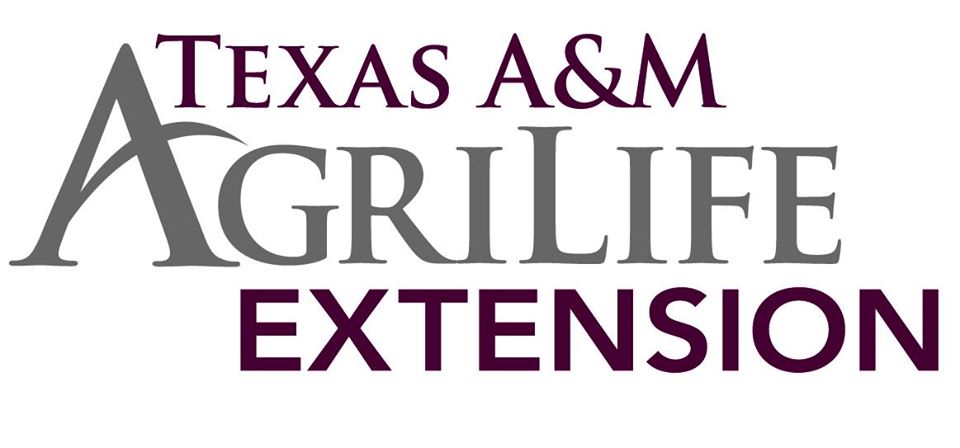By Johanna Hicks

In addition to health concerns related to the COVID-19 pandemic, many individuals and families are also having to deal with unexpected financial concerns. For many people, the situation has been just as difficult — possibly even more difficult — from a financial standpoint, according to Joyce Cavanagh, Texas A&M AgriLife Extension Service specialist in family economics and disaster assessment and recovery, College Station. Many have had their hours cut or have been temporarily or permanently laid off, and this has added another layer of stress at an already hard time.
Cavanaugh suggests the following to help the financial situation:
- Establish a spending plan and prioritize: It is important to recognize fixed, variable, discretionary and occasional expenses so you can organize your cash flow, prioritize those expenses and determine which you may or may not be able to pay. You also need to understand the possible consequences of not paying certain bills. Many utility companies, service providers, corporations and others are now making allowances for the current financial situation by offering payment extensions and other options for easing some of the financial stress. Cavanaugh says, “If there’s one specific piece of advice I’d give people in financial straits or anticipating hard times financially, it would be to contact their creditors, explain their financial situation and see if the creditor is making allowances or offering some sort of temporary relief. One of the main things you want to do is lighten your overall debt load wherever possible, but you don’t want to just ignore your bills as that could be to your long-term financial detriment.” She noted, however, if unable to pay some bills, then the bills having the highest priority are “survival” expenses, such as food, shelter, utilities and work-associated expenses.
- Look for additional ways to save: Be sure you look at each expense and see where you can eliminate anything you don’t need, like extra movie channels on your cable or satellite service or home services you’re paying for that you or never use. While some U.S. industries have been hard hit by coronavirus pandemic, others are adding jobs and there may be opportunities there. Cavanagh said depending on the situation and risk comfort level, this may also be a good time to re-examine and re-evaluate insurance coverages for home and auto. “You probably don’t want to take the risk of eliminating health insurance, but as far as home and auto insurance go, you might be able to reduce some coverage or go to a higher deductible for a lower rate,” Cavanaugh states.
- Who to trust – and not trust: There are scammers who will try to take advantage of people during the current crisis — both in-person and online — including those who claim to represent legitimate financial institutions, service companies or charitable organizations. Follow the same protections you would in normal times but be even more vigilant as scammers and defrauders view a crisis or disaster as a moneymaking opportunity. Precautions include not sharing personal information in-person, online or by telephone with someone you don’t know; not responding to or opening unsolicited links, texts or messages; or opening attached documents unless the sender has notified you. Be suspicious of any special ‘promotions’ being offered, especially those requiring an immediate response, and only deal with merchants, providers and charities you know to be reputable.
- Extension resources for tough financial times: The Texas Extension Disaster Education Network, or Texas EDEN, contains links for information and resources relating to finances. Visit the website at: https://texashelp.tamu.edu/
Hopkins County Family And Community Health Facebook Page
While you are perusing your social media, be sure to “like” the Hopkins County Family & Community Health Facebook page. I attempt to add daily posts dealing with topics varying from youth activities to food safety. I am aiming for the goal of 300 “likes” by the end of April. You will see articles, pictures, and posts on local happenings, as well as great information too improve your health and wellness. Give it a try!
Closing Thought
Wash your hands. Health matters!






